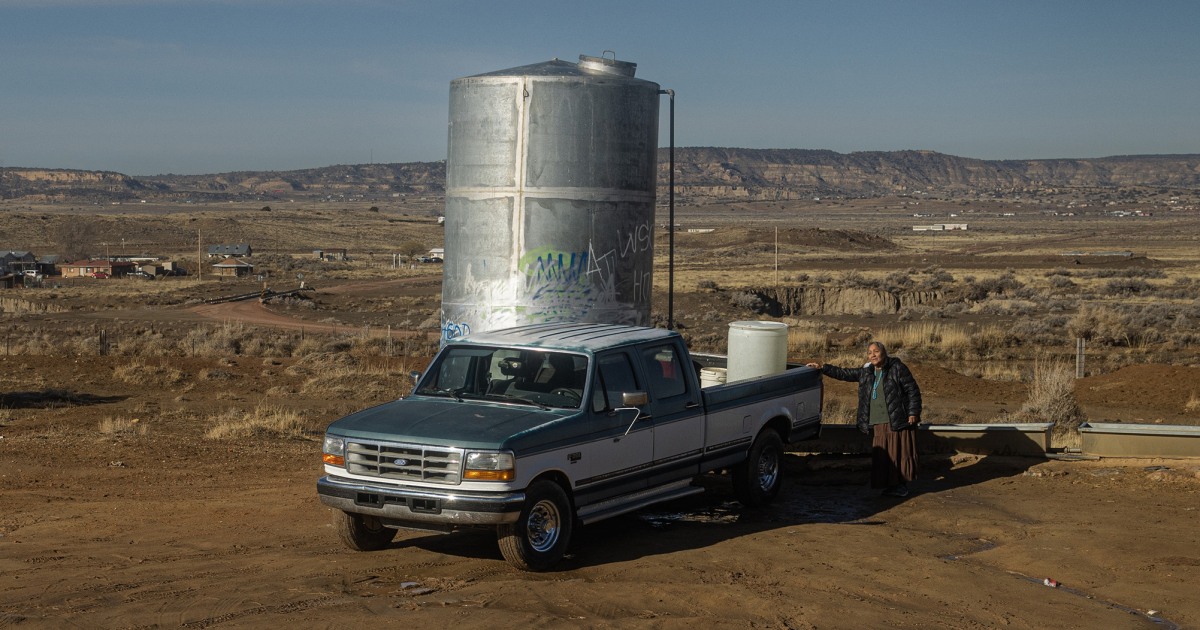Key takeaways:
- The Supreme Court ruled against the Navajo Nation in a dispute involving water from the Colorado River.
- The Navajo Nation had filed a lawsuit against the federal government, claiming that the government had failed to assert the tribe’s desperate need for water access.
- The Supreme Court ruling means that the Navajo Nation will not receive the water access they had requested.
The Supreme Court ruled against the Navajo Nation on Thursday in a dispute involving water from the drought-stricken Colorado River. The 5-4 ruling said that a 1868 treaty with the Navajo Nation did not require the U.S. government to take active steps to secure water access.
The Navajo Nation had filed a lawsuit against the federal government, claiming that the government had failed to assert the tribe’s desperate need for water access. The tribe was merely asking the federal government to identify the water rights the tribe had under the treaty.
Writing for the majority, Justice Brett Kavanaugh said that it was not the judiciary’s role to rewrite and update the 155-year-old treaty. The Biden administration had said that if the court were to come down in favor of the Navajo Nation, the federal government could face lawsuits from many other tribes.
Lawyers for the Navajo Nation had characterized the tribe’s request as modest, saying they simply were seeking an assessment of the tribe’s water rights. The Supreme Court ruling means that the Navajo Nation will not receive the water access they had requested.



Be First to Comment